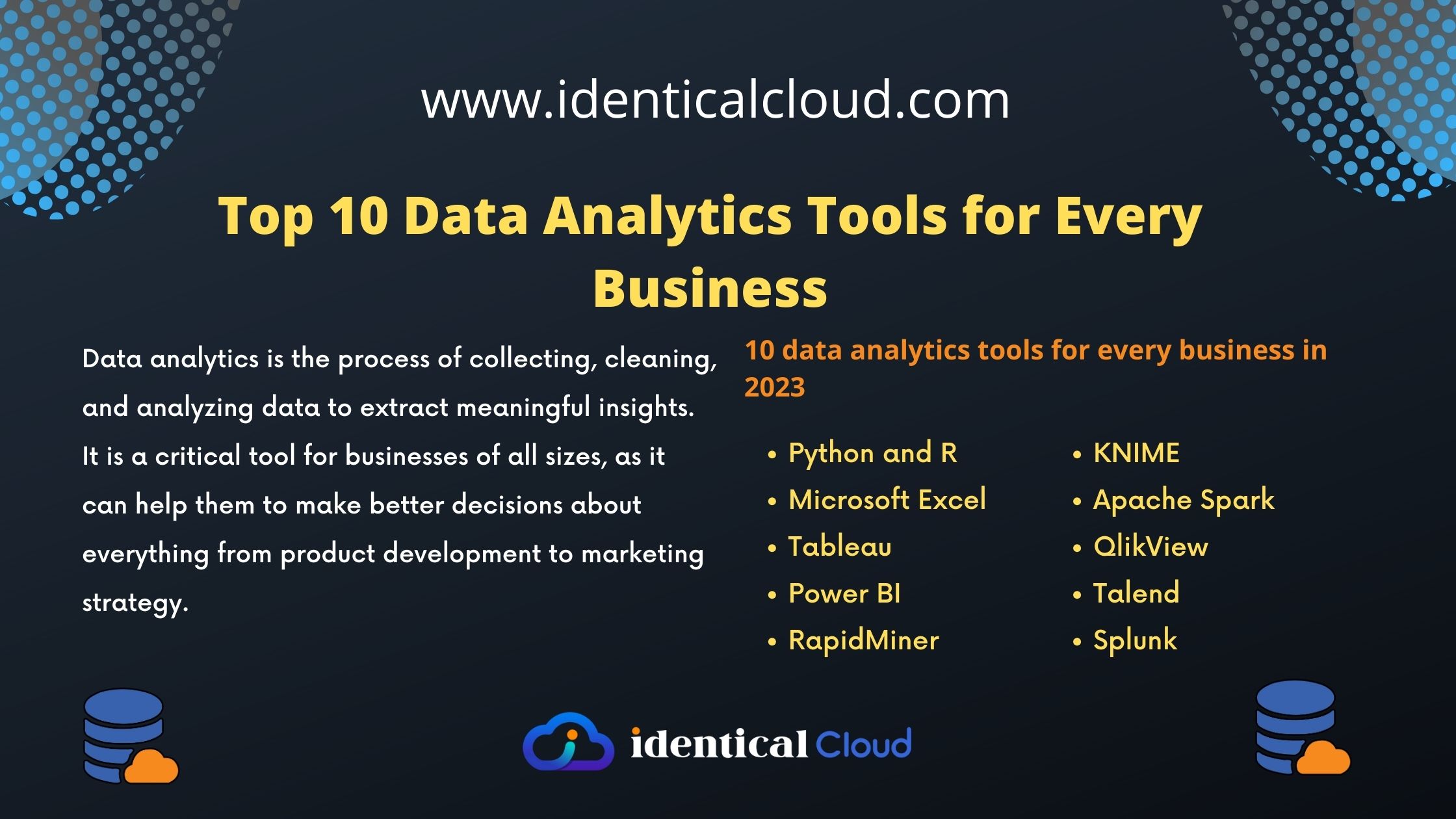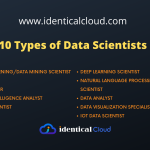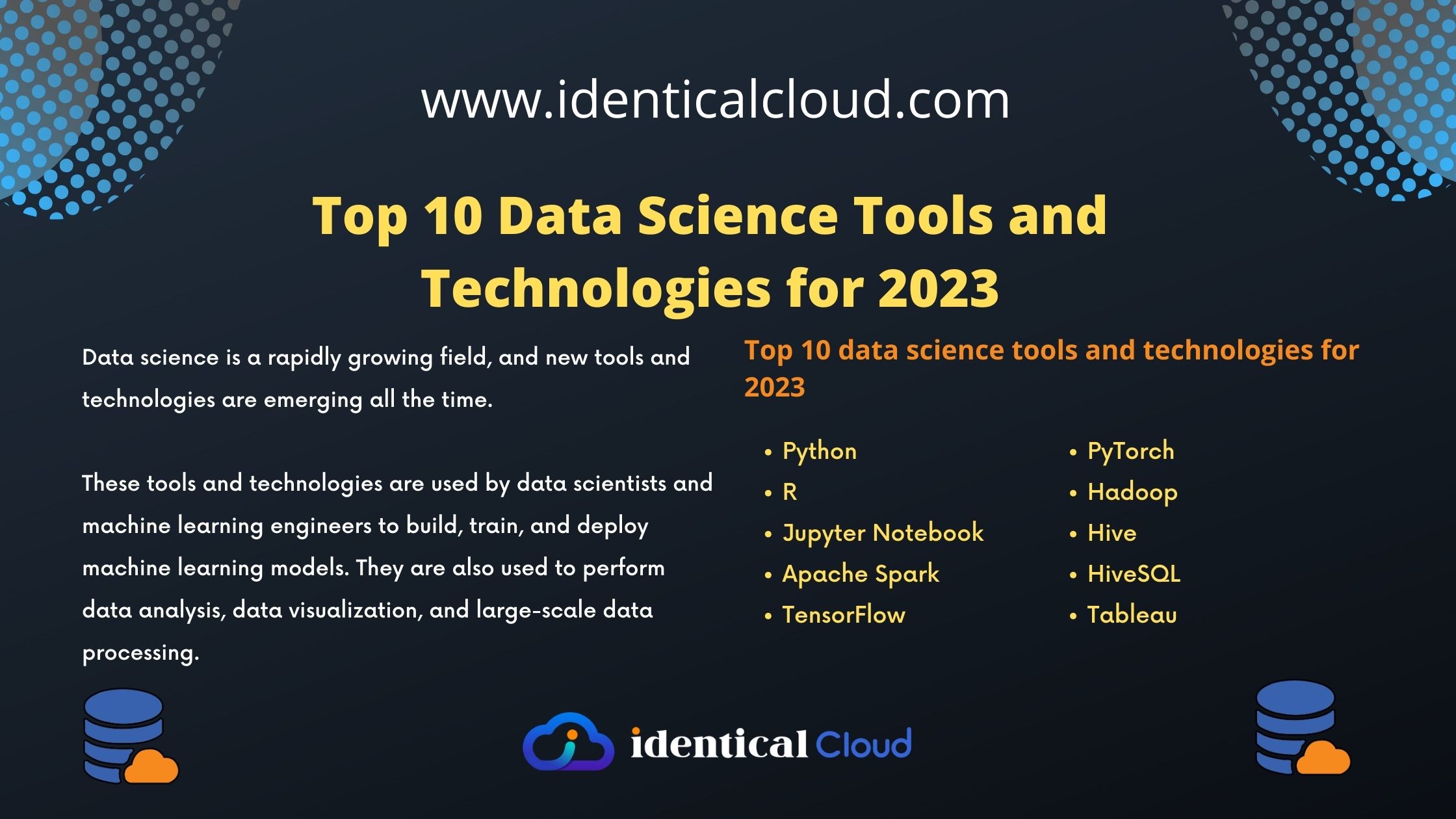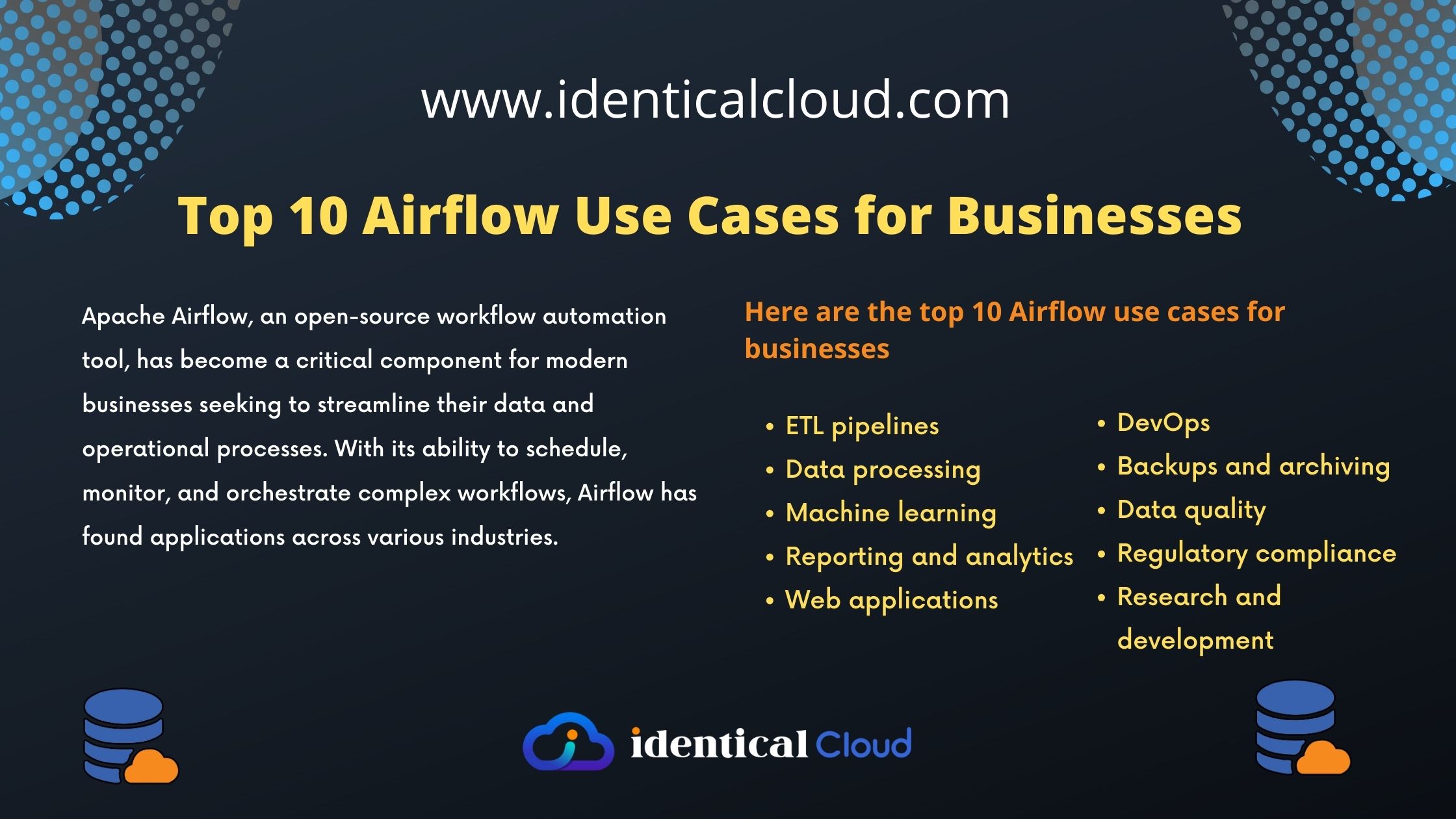
Big Data For Small Businesses: How To Tap Into Your Data Goldmine
Big Data For Small Businesses: How To Tap Into Your Data Goldmine
In today’s digital age, data is often referred to as the new oil. It’s a valuable resource that, when harnessed effectively, can fuel business growth and innovation. While the term “big data” might seem intimidating, even small businesses can tap into their data goldmine to gain insights, make informed decisions, and stay competitive. In this guide, we’ll explore how small businesses can harness the power of big data.
Understanding Big Data for Small Businesses:
Big data refers to the massive volume of structured and unstructured data that businesses generate daily. This data comes from various sources, including customer interactions, website traffic, social media, sales transactions, and more. The challenge lies in not just collecting this data but in analyzing it to extract valuable insights.
Why Big Data Matters for Small Businesses:
Informed Decision-Making
Data-driven insights enable small businesses to make informed decisions, identify trends, and tailor strategies to meet customer needs effectively.
Competitive Advantage
Leveraging data can give small businesses a competitive edge by uncovering market trends, consumer preferences, and areas for improvement.
Improved Customer Experiences
By understanding customer behavior and preferences, businesses can personalize marketing efforts, leading to better customer experiences and increased loyalty.
Cost Savings
Data analytics can reveal inefficiencies in operations, helping small businesses streamline processes and reduce costs.
Steps to Tap into Your Data Goldmine:
- Data Collection:
Start by collecting data from various touchpoints, including your website, social media, customer interactions, and sales transactions. Use tools like Google Analytics, social media analytics, and CRM systems to gather data.
- Data Storage:
Organize and store your data in a secure and accessible manner. Cloud-based solutions like AWS, Azure, or Google Cloud can be cost-effective options for small businesses.
- Data Analysis:
Use data analytics tools to gain insights from your data. Tools like Tableau, Power BI, and Google Data Studio can help you visualize and analyze your data effectively.
- Identify Key Metrics:
Determine which key performance indicators (KPIs) are relevant to your business goals. These could include conversion rates, customer retention, website traffic, or inventory turnover.
- Data-Driven Marketing:
Tailor your marketing efforts based on customer data. Personalize emails, social media campaigns, and product recommendations to match customer preferences.
- Customer Feedback:
Collect and analyze customer feedback to understand pain points and areas for improvement. Use this information to enhance your products or services.
- Stay Compliant:
Ensure that you’re compliant with data protection regulations such as GDPR or CCPA. Protect customer privacy and data security.
Challenges and Considerations:
Big data can be a powerful tool for small businesses, but it is important to be aware of the challenges and considerations involved. Here are some of the biggest challenges:
- Cost: Big data solutions can be expensive, especially for small businesses. The cost of collecting, storing, and analyzing data can be a barrier to entry for many businesses.
- Complexity: Big data is complex and requires specialized skills and knowledge to collect, store, and analyze. This can be a challenge for small businesses that don’t have the in-house expertise.
- Security: Big data can be a security risk if it is not properly protected. Small businesses need to take steps to secure their data from unauthorized access and theft.
- Interpretation: Even if you can collect, store, and analyze big data, it can be difficult to interpret the results and turn them into actionable insights. This requires a deep understanding of your business and your customers.
Despite these challenges, there are many ways for small businesses to tap into the power of big data. Here are some considerations:
- Start small: Don’t try to do too much too soon. Start by collecting and analyzing a small amount of data and then gradually scale up as you become more comfortable with the process.
- Focus on the right data: Not all data is created equal. Focus on collecting and analyzing data that is relevant to your business goals.
- Use cloud-based solutions: Cloud-based solutions can make it easier and more affordable for small businesses to collect, store, and analyze big data.
- Partner with experts: If you don’t have the in-house expertise, partner with a company that can help you collect, store, and analyze your data.
- Be patient: It takes time to build a data-driven culture. Don’t expect to see results overnight. Just keep collecting data, analyzing it, and acting on the insights, and you will eventually see improvements in your business.
By being aware of the challenges and considerations involved, small businesses can tap into the power of big data and improve their business in a number of ways.
Big data isn’t just for tech giants; it’s a valuable resource that small businesses can leverage to make smarter decisions, enhance customer experiences, and achieve growth. By following these steps and staying committed to data-driven practices, small businesses can unlock their data goldmine and pave the way for long-term success in today’s competitive marketplace.










